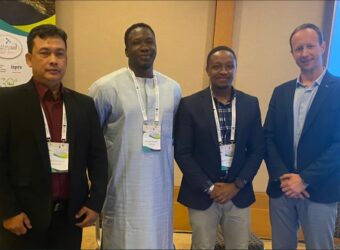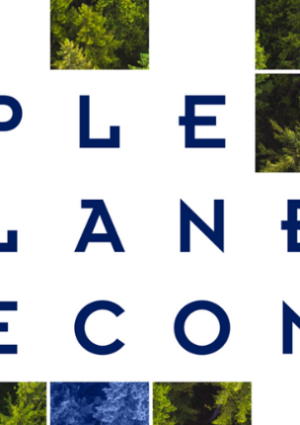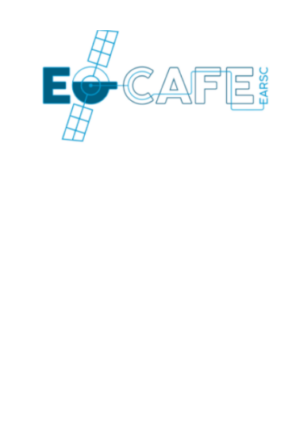Space for International Development Assistance (Space for IDA) – is a cooperation framework implemented in collaboration with key multilateral IFIs . In the initial phase, the European Space Agency is working with theWorld Bank (WB) and the Asian Development Bank (ADB) to demonstrate the benefits and value of EO data to the IFIs’ operations and to their client governments in developing countries. Under this cooperation framework, ESA’s Global Development Assistance (GDA) programme was created by European Member States with the objective of mobilising the best of Europe’s EO downstream services industry to develop products and knowledge for the IFIs’ purposes. These efforts are now attracting new IFI partners such as most recently IFAD.
As part of the M&E and Impact Assessment (GDA M&E) activity Caribou Space conducts an annual strategic review to support ESA and its partners to take stock on the overall direction of the programme and its positioning within the broader international development context. For the first version of this report, which was completed in spring 2023, Caribou Space undertook two of three levels of analysis, which aligned with Space for IDA’s Theory of Change:
- At the macro level, we assessed international development priorities and trends in spending and we looked into other ways in which the ultimate impacts of Space for IDA might be achieved.
- At the meta level, we broke Space for IDA into its three component activities to understand what other efforts aim to achieve similar outputs and outcomes.
- Lastly, through our annual evaluation report, we support ESA to identify micro-level adjustments that could be made to Space for IDA’s processes and activities to improve the chances of delivering the intended outputs. This is not included in this strategic review.
At the macro level, our analysis showed that the thematic focus areas of the GDA programme provide good coverage of the Sustainable Development Goals agenda, which underpins much of the international spending on development operations. Our analysis of the EO market also showed that nearly all of the notable market segments that generate value-added service revenues are represented in the existing GDA AID activities. According to EUSPA, over half (55%) of global revenues are in fact generated from the top five segments, which are: Urban Development and Cultural Heritage, Agriculture, Climate Services, Energy and Raw Materials and Infrastructure.
Space for IDA is a unique in its objective to mainstream EO across IFI operations so that development operations themselves benefit from improved efficiency, improved planning and decision-making, while also delivering social and economic benefits to client countries and their digital economies. Our analysis allowed us to look at alternative initiatives that are targeting efficiency and increased effectiveness in policy and decision making, to derive potential best practices and learning from what has already been tried. An example of this analysis was our research into other efforts that have been made to improve policy definition and planning within IFIs and within the client government countries that they serve. There has been increased attention on evidence-based policymaking with initiatives such as the Global Partnership for Sustainable Development Data or the European Commission’s Knowledge4Policy Platform. A dedicated Knowledge Centre on Earth Observation is an example of an initiative which encourages policymakers to make more use of EO data.
Our second level of analysis was to explore the three component activities of Space for IDA and to identify other programmes, activities and investments that have similar objectives. These three components can be seen in the below figure:

By comparing and contrasting Space for IDA with others, we were able to gather ideas of alternative approaches which could be emulated, such as producing user-friendly communications materials about the new EO developments or the benefits of a more holistic approach to capacity building that extends beyond individual capacity (skills) and includes infrastructural capacity (i.e. tools) and institutional capacity (i.e. access to networks). A full assessment of the best practices that we identified can be found in an extract of the full report here.
As the GDA and Space for IDA activities progress, we will continue to provide strategic analysis and advice to ESA on potential avenues for the programme’s advancement. To find out more about the work of GDA, please visit the website for the latest news.









![[Video] Leveraging Development Finance – Procurement Insights](https://gda.esa.int/wp-content/uploads/2022/12/ME-webinar-WB-340x250.jpg)